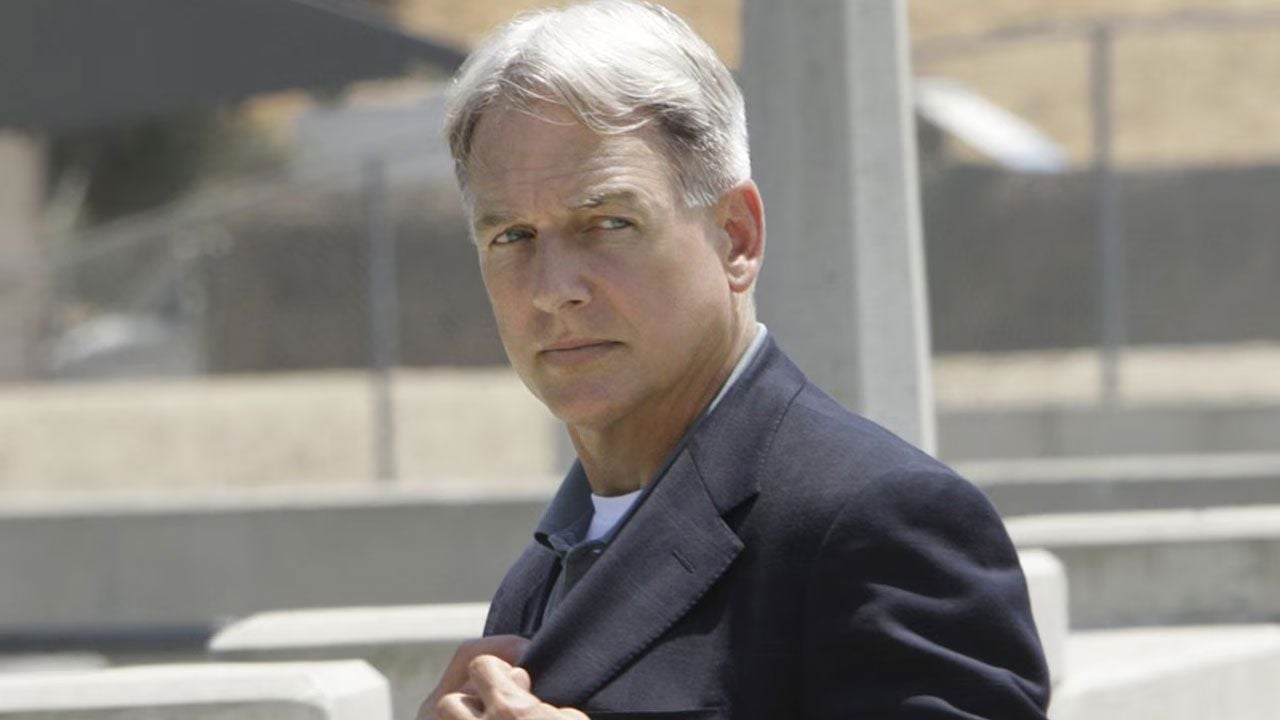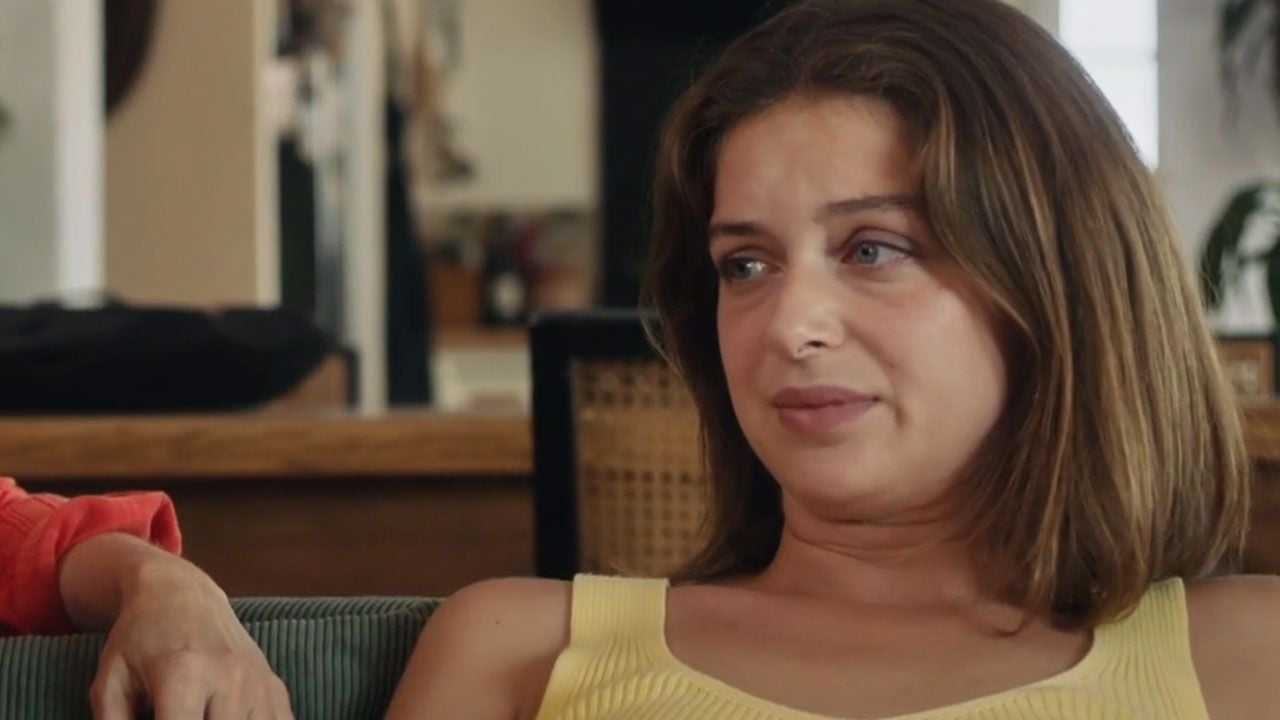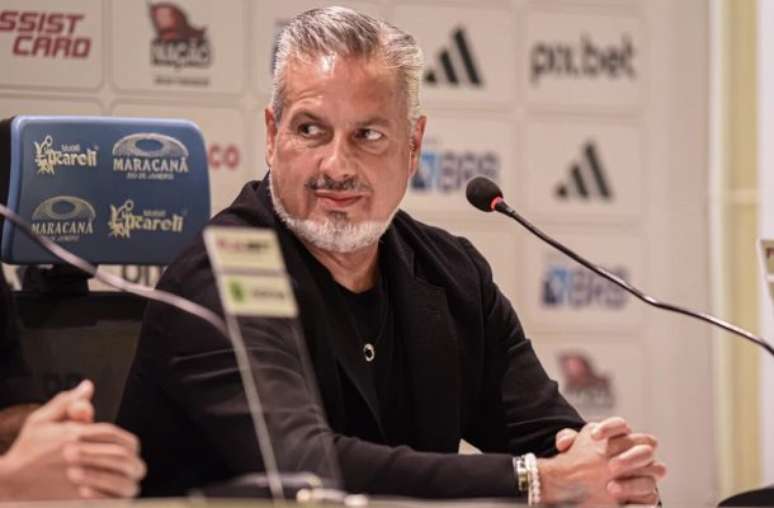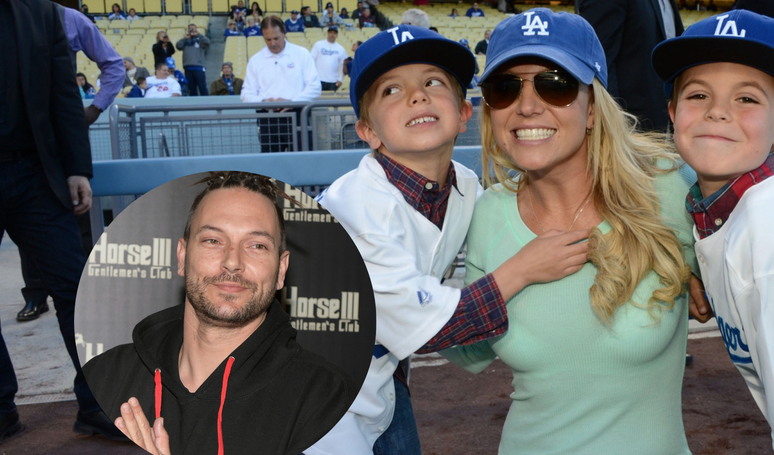Frei Betto turns 80 and continues to fight for a more egalitarian society. “I will die like this: fighting for this utopia,” he says in an interview with DW On the verge of turning 80, Frei Betto responded to DW’s report on Tuesday from the Dominican convent where he lives — “no longer outside of virtue, but of dependence,” as he says — in the Perdizes neighborhood, west of São Paulo.
In the conversation, the religious man recalled important moments in his career, from the dictatorship to the period in which he coordinated the Fome Zero program, during the first visit of Luiz Inácio Lula da Silva to Planalto. And he reaffirmed his socialist position.
“I am a leftist, I am a person who thinks that humanity has no future under capitalism. I still defend socialism, not following known models, but there must be a society that, just like the right to vote, is universal, the right to wealth must also be universal,” he argues.
Born in Belo Horizonte on August 25, 1944 — and baptized Carlos Alberto Libânio Christo —, the religious man became Frei Betto in 1966, when he became a Dominican friar. Previously, he had been a national leader of the Catholic Student Youth.
A historic activist of pastoral and social movements and a follower of Liberation Theology, a progressive branch of the Catholic Church, he was targeted by the military dictatorship and, for this reason, arrested twice: in 1964 and then from 1969 to 1973.
He became close to Lula when he was a union leader and Betto worked at the Pastoral Operária of ABC São Paulo, in the early 1980s. Friend and advisor, he became the natural name to coordinate the Zero Hunger Program, a program to eradicate hunger in Brazil. He was in government from 2003 to 2004.
The celebrations for his eightieth birthday began in June, when he was awarded the title of honorary doctor at the University of Havana. At the reception hosted by the Brazilian ambassador to Cuba, Christian Vargas, the current president of the country, Miguel Díaz-Canel, also came to greet him. This Saturday (24/08), Frei Betto plans to travel to Belo Horizonte, to spend his eightieth birthday with his brothers and nephews.
Check out the main points of the conversation:
DW Brasil: Let’s start with an emblematic moment in your career: between 2003 and 2004, you were the coordinator of the social mobilization of the Fome Zero program, which would end up eradicating hunger in Brazil. Was it the biggest challenge of your life?
Frei Betto: No, it wasn’t. The biggest challenge of my life was facing four years in prison, two years as a common prisoner, during the dictatorship. That, for me, was peaceful. Fome Zero had an emancipatory character and when it became Bolsa Família, which was good but had a compensatory character, I decided to leave the government. And that’s why I didn’t stay there four years or more.
In those 2000s, Brazil finally celebrated having defeated hunger. In recent years, hunger has returned to Brazil…
Yes, he returned to government [de Michel] fear and [de Jair] Bolsonaro: Brazil has been added to the United Nations hunger map [Organização das Nações Unidas].
Where did we go wrong as a society? Why did you come back?
He came back because the rights of the poorest were not guaranteed. That is the question. Imagine, a president who let more than 700,000 people die during the covid pandemic… So, through negligence, through aporophobia, which is the horror of the poor that the Bolsonarists have. Now yes, Brazil is disappearing from the hunger map again. It has shrunk a lot in these two years of Lula’s government, practically a year and a half. I think that now we will leave the hunger map again. But it was interesting to work at that time [do primeiro mandato Lula]. My only role was civil society and the control of Bolsa Família passed to the mayors and no longer to the management of the funds as in the case of Fome Zero. That’s why I no longer saw the reason to remain in government.
If you were called, would you return to government today?
No, no. It is not my calling. I have no calling for public administration or private initiative. I have always been a freelancer, well, I do not have that calling. I prefer to preserve my freedom.
You have always had a more leftist position, both in Liberation Theology, in the fight against dictatorship, and in your closeness to Lula. In these times of polarization, has it become more difficult to position yourself politically?
Not for me. I am 80 years old and my political position is very explicit, both in my life path and in my books, in my articles. I am a person of the left, I am a person who thinks that under capitalism humanity has no future. I still defend socialism, not following known models, but there must be a society that, just as the right to vote is universal, the right to wealth must also be universal. In other words: this democracy that shares the political choice, but does not share the economic benefits, is false. On the contrary, it privatizes and accumulates. In the hands of a minority. This is my clear position and I will die like this: fighting for this change, fighting for this utopia.
Is this a Christian position?
It comes from an obvious Christian position. You see, as a Christian I am a disciple of a political prisoner, as I always say: Jesus did not die of hepatitis in bed, nor from an accident with a camel on a street corner in Jerusalem. He was arrested, tortured, tried by both political powers, the Jewish and the Roman, and sentenced to death by the Romans.
So it is a Christian position and it is a political position, the two things are intertwined: in my life and in the life of those who adopt a religion there is no way to make this separation. But in society, modernity does it. The great institutional challenge is not to make partisan religions and to confessionalize politics.
Ultimately, what we see is exactly what happens…
Yes, especially here in Brazil with the previous government.
At the beginning of the conversation you mentioned the dictatorship. It was a period in which you were imprisoned and saw friends and comrades killed. How do you feel when you see a significant part of society calling for the return of an authoritarian regime?
This is our fault, we progressives. Because I believe that, after 13 years of PT government, the choice of Bolsonaro to preside over Brazil is a sign that we have failed in the political education of the people. People, all of us suffer from political miseducation 24 hours a day. Just turn on the radio, go to school, watch the newspaper, watch television.
And from my point of view, the role of the progressive government is to provide political education to the people. And this has not been done. So it is normal that there is this rise of the right in Brazil and in the world. I see it with great sadness, because I fought risking my life for the redemocratization of the country, I was arrested twice, 15 days in 1964, four years from 1969 to 1973.
How should the government do this, in your opinion, without it sounding like propaganda?
It is very simple to do. In Brazil, for example, the federal government has 400,000 health workers, who have direct contact with the neediest and poorest populations. The health worker, if trained according to the Paulo Freire method, does not limit himself to going to a stilt house or a favela where Mrs. Maria has a chronic cough, to provide her with medicine or a guide to go to the hospital or health center. He will reflect with her on the causes of the disease: the lack of sanitation, the precarious conditions in which she lives… This is creating critical awareness. This is a right of citizenship.
Create citizens, not consumers as the capitalist system wants. For example, Bolsa Família: it serves 22 million families, 90% women. There are two conditionalities: keeping children vaccinated and children in school. I would add a third, which I have already proposed to President Lula: the professional training of these women, so that they can stop depending on the money from Bolsa Família and become independent from the federal government. Then you ask her what she wants, if she wants to train in sewing, cooking, crafts, whatever. And in each of these courses, if you follow the Paulo Freire method, you create critical awareness. It is clear that the right will always whistle. Whatever you do, they will say it is this, it is that. But it does not matter. You have to dare.
What was the president’s response to your idea?
He agrees. But unfortunately the mechanisms needed to make it work have not been created. He even created a popular education committee. So it is there. But its action is limited, especially because the general secretariat does not yet have a more robust budget that would actually allow for better performance.
Was the suggestion made in the current mandate? Are your conversations ongoing?
Yes, this term. I have a direct channel of communication with him and, in addition, we meet periodically. On the day of the inauguration I spoke with him for 40 minutes. But unfortunately, things did not go as I would have liked.
In the religious field, how to explain, for example, the difference between social and political activism and the electoral system practiced by the so-called “Bible bench”?
I am currently working on a tetralogy on the four gospels. Two have already been analyzed exhaustively. [e publicados os livros Jesus Militante, sobre o Evangelho de Marcos; e Jesus Rebelde, sobre o Evangelho de Mateus]. By the end of the year I hope that the revolutionary Jesus will be released, based on the Gospel of Luke. Historically there is no way to separate religion and politics. Wisdom lies in not sectarianizing politics. You cannot have Christian Democracy, it is absurd. Because the party represents a segment of the population, Christian or not. At the same time, you cannot partisan religion: I cannot say in my Church “here everyone must vote for that party in the next elections”. This is an abuse, and this abuse must be fought severely.
But throughout history we see that religion has always had a strong political connotation. It is necessary not to confuse people’s religious conviction with party or ideological conviction. But there is no way to separate religion and politics in people’s lives. Because both religion and politics serve to liberate or oppress. It depends on how they are conducted. There are many oppressive policies and there are liberating policies. The same thing in religion.
Jesus did not come to found a church, to found a religion. He came to restore a political project of what he called the Kingdom of God. It was a political utopia, founded on two pillars: in personal relationships, love, and in social relationships, the sharing of goods. This is the important dimension in the perspective of the gospel.
Finally, what will the 80th birthday party be like?
I live in São Paulo, in the Dominican convent of Perdizes. No longer by virtue, but by vice. I will celebrate the same day with my brothers in Belo Horizonte. I have six brothers, 16 grandchildren and 24 great-grandchildren. So let’s get the family together because it’s not every day that you turn 80 healthy.
Source: Terra
Rose James is a Gossipify movie and series reviewer known for her in-depth analysis and unique perspective on the latest releases. With a background in film studies, she provides engaging and informative reviews, and keeps readers up to date with industry trends and emerging talents.






